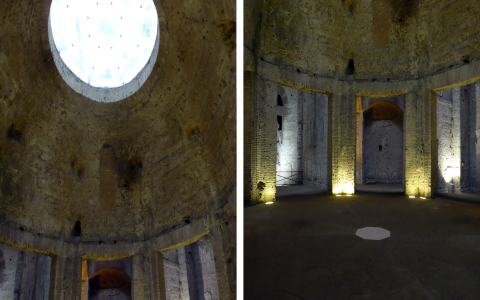First time I saw that weird phrase “the face that launched a thousand ships” in some old book comments, my brain just froze. Sounded like a spaceship captain or something sci-fi. Grabbed my phone to translate word-by-word. Got this nonsense: “脸启动了一千艘船”. Made zero sense. Why would a face start boats? Felt stupid.
Digging Like a Dog Buried a Bone
Asked three friends if they knew it. One guy laughed and said, “Bro, that sounds like a TikTok filter gone wrong.” Totally useless. So I searched it online properly, adding “meaning” at the end this time. Finally saw the words “Helen of Troy” popping up everywhere. Still clueless—who’s Helen? My dumb brain pictured Helen from The Office.
Clicked some history pages. Finally connected the dots: some old Greek war story where armies fight over a woman named Helen. The ships part got clearer now—troops sailing to get her back. But why “launched”? That still bugged me.

The lightbulb moment:
- Found an old poem snippet: basically calling Helen’s face so beautiful it caused the war fleet to sail
- “Launched” wasn’t literal ship-launching like pushing boats off a dock
- Meant “started” or “triggered” the sailing of a thousand ships
- Just a super extra way of saying “her beauty started a massive war”
Why Beginners Stumble Over This
Tried explaining it to my cousin later. His eyes glazed over instantly. Totally my fault—used words like “Greek mythology” and “historical allusion” like a textbook. Reset with simpler terms:
- Forget the grammar: Treat the whole phrase like one chunk
- It’s not tech nor logic: It’s just flowery ancient gossip
- Core idea? Pretty person = huge conflict starter
Showed him modern memes saying stuff like “her face could start World War 3.” Click! Saw him grin. Then flipped through Instagram pointing at influencer drama—”See? Same energy.”
Best part? Realized this connects everywhere now. Watched a reality TV feud and mumbled, “Ah, the face that launched a thousand hate comments.” Felt like cracking a secret code.




